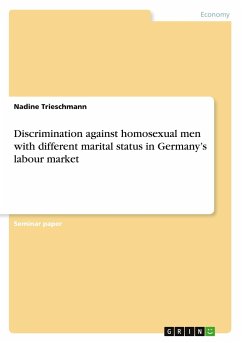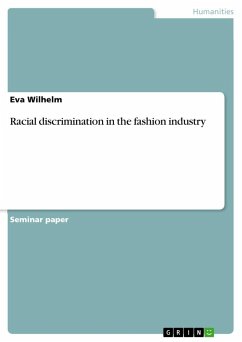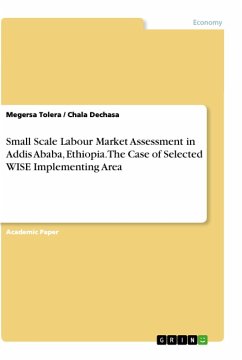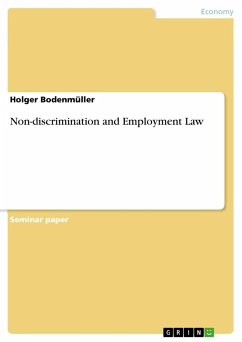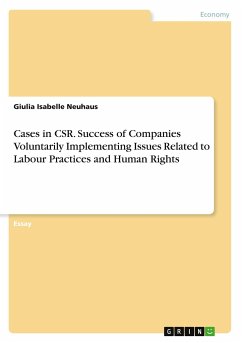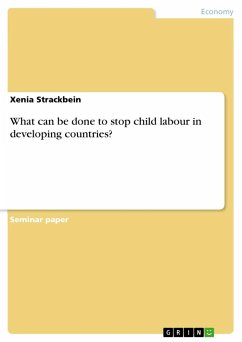Seminar paper from the year 2018 in the subject Business economics - Business Ethics, Corporate Ethics, grade: 1,7, University of Cologne, course: Bachelorseminar, language: English, abstract: The research question is if homosexual married men are favoured in the hiring process over homosexual single men in the German labour market, and secondly if this "marriage-effect" is stronger for homosexual men than for heterosexual men. To be able to answer this question, a Correspondence Test has to be conducted. Four fictional applications of males who vary in their sexual orientation (heterosexual versus homosexual) and marital status (married versus single) will be sent to vacancies in the sixteen German provincial capitals and sixteen rural regions in Germany.Since the first of October 2017, same-sex couples in Germany have the right to marry. Until this point in time, homosexual couples could only enter into a registered partnership with the same duties, but not the same rights as heterosexual married couples. This significant development in law may introduce new problems and challenges. Ann Ferguson (2007), for one, criticises that homosexual marriage could shift social hierarchies, which in return creates a new differentiation between homosexual people who live in a single household and the more socially accepted married homosexual couples. Butler (2004) argued that homosexual marriage could be understood as a way to push homosexuals into a normalized lifestyle - for example, marriage, a monogamous family life, and also successful careers, which could increase social acceptance.In this sense, this paper is building on the work by Weichselbaumer (2013) who examined the difference in economic outcome between single lesbians and lesbians in a registered partnership in Munich and Berlin. She found no differences between single and partnered lesbians in Munich - both groups are treated unfavourably in comparison to heterosexual women. In Berlin, she found out that there is no discrimination based on sexual orientation. But some studies showed that negative attitudes towards homosexual men are more present than towards lesbians and that employers may have preferences for male employees with one steady married partner. If this is the case, homosexual men may benefit more from signalling that they live in a marriage than lesbian women would. Therefore, this paper sets forth the study of Weichselbaumer (2013) by focusing on homosexual men instead of lesbians, and on the other hand, by measuring the effect after the legislation of same-sex marriage in Germany.
Hinweis: Dieser Artikel kann nur an eine deutsche Lieferadresse ausgeliefert werden.
Hinweis: Dieser Artikel kann nur an eine deutsche Lieferadresse ausgeliefert werden.

